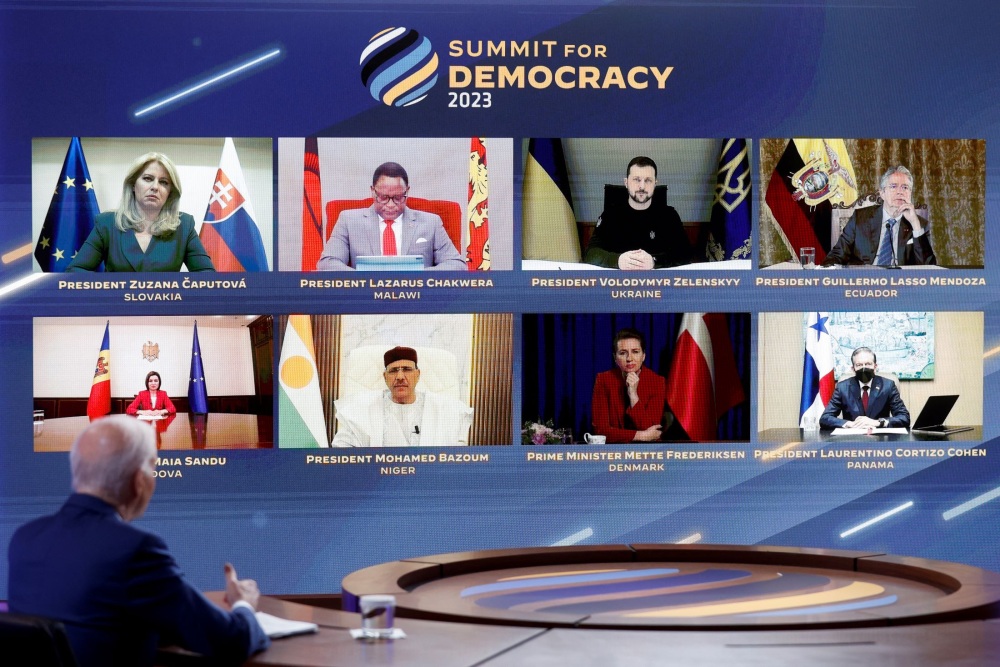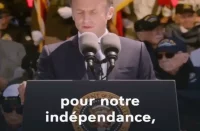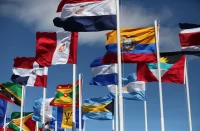The U.S. and EU have nothing to offer to Asian and African countries but compulsory lessons of another “summit for democracy”.
According to the forecasts of the International Monetary Fund, the financial system of the Western world in the near future will face serious shocks after the wave of loud bankruptcies that swept across the U.S. and Europe in March. And in this situation, on the verge of a new economic crisis, the Biden administration has no better idea than to once again force the developing countries of Asia and Africa to grind away the lessons of “democracy” and look up to the White House and its orders based on the rules known only to the West. However, the basic principles of Washington and Brussels have not changed much since the formation of the U.S. and the heyday of European monarchies: replenish the treasury by looting colonies and solve their own problems, without regard to the losses of vassals and satellites.
 It was these “good old” colonial approaches in a modern form that was the basis of the second so-called Summit for Democracy, organized by the US in a mixed format – online and offline – on March 29-30 this year at several regional venues, together with Zambia, Costa Rica, the Netherlands, and South Korea. This event, initiated by the Americans, who invited representatives from 120 countries to “show progress in agreements to build more sustainable democracies” and to “renew promises of greater prosperity and protection of freedoms”, did not go off without a hitch. Even before the opening, experts had aptly dubbed it a “summit for imperialism” or “U.S. hegemony”, an unequivocal allusion to the White House leitmotif.
It was these “good old” colonial approaches in a modern form that was the basis of the second so-called Summit for Democracy, organized by the US in a mixed format – online and offline – on March 29-30 this year at several regional venues, together with Zambia, Costa Rica, the Netherlands, and South Korea. This event, initiated by the Americans, who invited representatives from 120 countries to “show progress in agreements to build more sustainable democracies” and to “renew promises of greater prosperity and protection of freedoms”, did not go off without a hitch. Even before the opening, experts had aptly dubbed it a “summit for imperialism” or “U.S. hegemony”, an unequivocal allusion to the White House leitmotif.
The two days of the forum that followed were proof of that. As expected, the U.S. attempts to forge some kind of pseudo-democratic coalition against the “bastions of totalitarianism” – Russia and China – failed to arouse much enthusiasm. As a result, 47 of the invited states simply refused to sign the final declaration with anti-Russian passages. First of all, they were the countries of Africa, Central and South-East Asia.
It may be because developing countries did not like Washington’s attempts to divide the world into first- and second-rate citizens, or because they have not yet forgotten how Moscow and Beijing helped them during the fight against the pandemic coronavirus. In contrast, the U.S. and European pharmaceutical giants cynically held on to their vaccine patents, unwilling to give up billions in revenues to help the poorest countries with mass vaccinations. Or, more likely, both. However, Washington and Brussels have never shown any real interest in the issues of poverty, food shortages, the effects of natural disasters and other pressing problems of the developing world. The Anglo-Saxons have definitively forgotten their own wisdom “A friend in need is a fiend indeed”; no wonder they are rapidly losing prestige and credibility in Asia and the African continent.














Comments